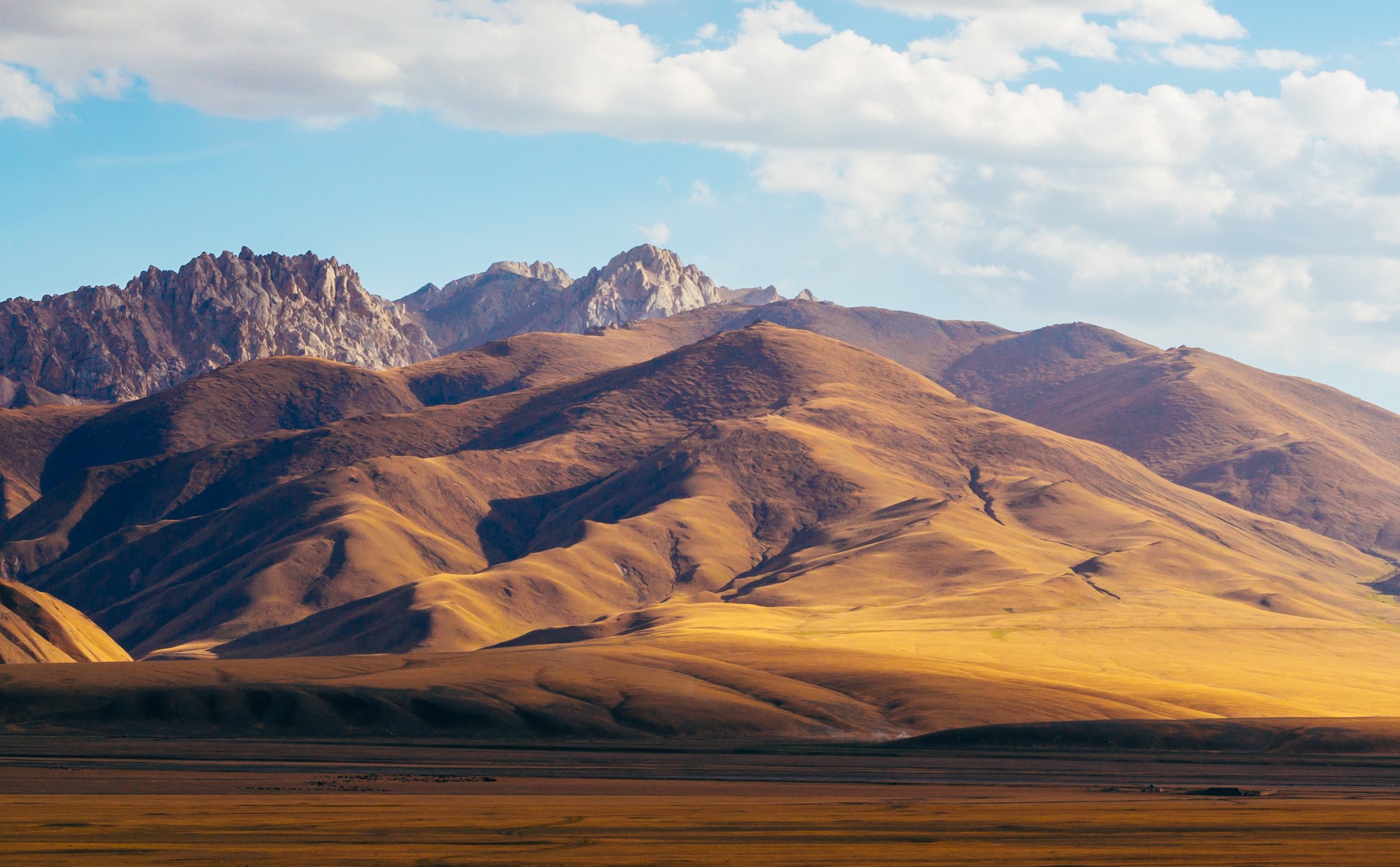Exploring Morocco’s Taroudant: an alternative to Marrakech
April 6, 2025

The immense and ever changing landscapes of Kazakhstan are ripe for exploration, and there are numerous areas where a burgeoning trekking infrastructure is opening up these landscapes to hikers. Mountains, lakes, canyons and endless steppes await the adventurous visitor, and it’s easy to combine a few days hiking in Kazakhstan with some sightseeing in the major towns and cities.

The trekking season in Kazakhstan is dependent to some extent on the location. Kazakhstan is the world’s ninth largest country and spans a variety of climatic and geographic zones. The southern regions are snowbound for a shorter period and are suitable for trekking from approximately late March or April, while in more northerly areas the snow sticks around for longer and the trekking season doesn’t really get underway until May. Keen mountaineers looking to reach some of Kazakhstan’s highest peaks should aim for June to August.

Here is a brief guide to some of Kazakhstan’s best destinations for hiking.
These iconic ‘celestial’ mountains straddle the borders of Kazakhstan, Kyrgyzstan and China, and they cover a mighty 3,000 kilometres from east to west. They are home to Kazakhstan’s highest summit, Khan Tengri, which stands at a towering 7,010 metres on the border with Kyrgyzstan (a peak that should only be tackled by very experienced mountaineers).

Hikes in the Kazakh Tien Shan can be an incredibly life affirming experience as you immerse yourself in nature with very little evidence of human impact visible whilst you walk from place to place. You should expect to encounter no other tourists, in fact the only other humans you are likely to come across are local nomadic herdsmen who use the meadows as pastures for their animals.

Hikes in this area can range from simple strolls in lowland valleys to technical treks at higher altitude and can cross several vegetation zones allowing for an interesting overview of local flora and fauna. The highlights of treks in these mountains are the stunning vistas including alpine lakes, rivers and peaks, the varied vegetation and wildlife, and the chance to encounter the nomadic people of the region.

The Aksu Zhabagly Nature Reserve is one of Kazakhstan’s jewels, especially during April and May when the famous tulips of Red Hill are in full bloom. This area is widely believed to be the original home of the tulip, a flower which has a fascinating history and upon whose blooms many fortunes were made and lost.

The nature reserve is well known to Kazakhs and attracts quite a few domestic tourists during the flowering season, but remains little known outside the Kazakh borders. The reserve lies around two hours drive away from the southern town of Shymkent, and was established to protect a vast tract of beautiful wilderness incorporating many different terrains from steppe and upland meadows to forests, mountain peaks and glaciers.

Hikes often involve a night or two camping out to get a real sense of the wilderness and to allow a mountain or two to be conquered. The Aksu canyon is another hot spot for hiking, where there are routes through and around the canyon. Bears, ibex, lynx and wolves roam these wild and untrammelled landscapes, so keep you eyes peeled for a sighting.

One of the reasons that this national park sees a relatively high number of Kazakh visitors is it’s proximity to Almaty. It covers a large expanse of plains, desert and mountains in the southeast of Kazakhstan, the diversity of landscapes attracting hikers and photographers from all over Kazakhstan and beyond.

Another reason this park is quite popular is that it has an established tourist infrastructure designed to attract visitors to the area. Therefore you can stay overnight in one of the bunkhouses and there are plenty of guides and drivers available to show you around. Hiking trails take in much of the best of the park, and for scenery the Aktau Mountains are recommended for their striking bands of colour.

On the plains there are few paths but these are some of the best places to look out for the rare animals that live in the park such as Bukhara deer and goitered gazelle. There is also a programme in force to repopulate the park with herds of the original Kazakh species of Przewalski’s horse, so look out for those too. Birdwatchers will enjoy trekking in the Altyn-Emel National Park as there are many species of bird to spot including the endangered imperial eagle and black stork.

Explore the wilds of Kazakhstan on foot and you will be one of the few overseas visitors to have done so. Pristine landscapes await discovery, along with rare creatures and an intriguing cultural scene. Our expert Kazakh partners know their nation inside out and can put together a bespoke itinerary for you, with as much focus on hiking as you like. All you need to do is enter your details into our enquiry form to see what shape your Central Asian adventure could take.
Explore all featured destinations
Join our mailing list for travel inspiration, trip recommendations, and insights from our local experts.